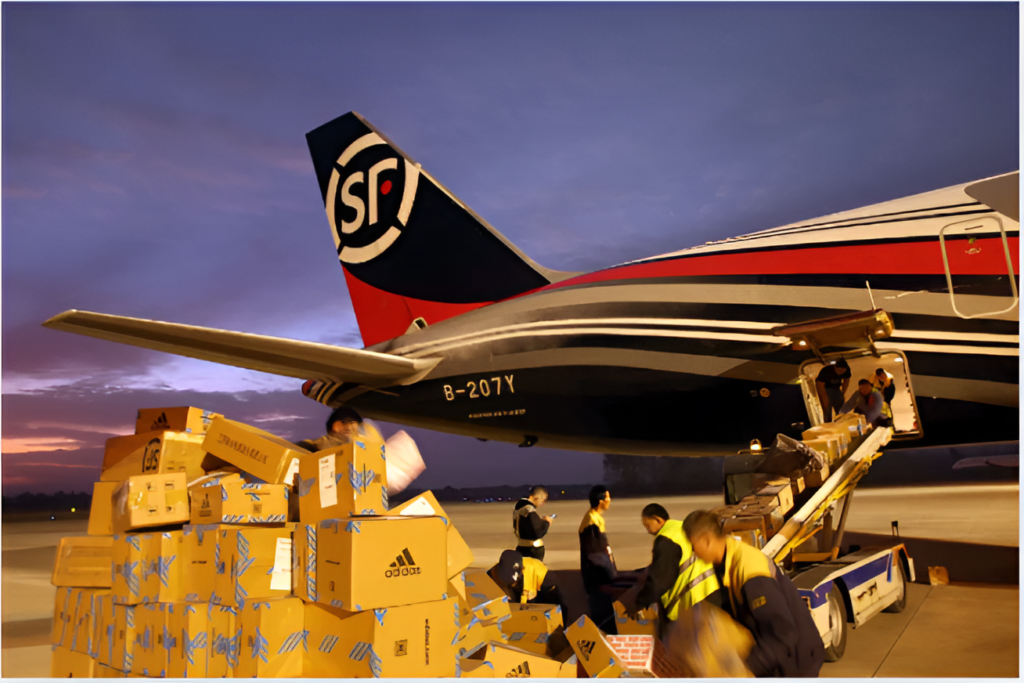
As Singles’ Day, the world’s largest online shopping event, celebrates its thirteenth edition on November 11, it finds itself at a crossroads. Initially launched in 2009 in China with just 27 merchants, the event has grown into a massive global phenomenon with livestreamed performances, celebrity appearances, and participation from hundreds of thousands of retailers, from small businesses to luxury brands. Yet, despite its past successes, this year’s event could face significant challenges, especially from political and economic shifts in China.
Singles’ Day, also known as “Double 11,” is seen as a key indicator of consumer power in China, the world’s most populous nation. Last year, Alibaba and its rival JD.com collectively reported $115 billion in sales over the event period. By comparison, U.S. retailers generated $9 billion during Black Friday and $10.8 billion on Cyber Monday, according to Adobe Analytics. Yet, this year, Chinese consumers may not indulge as much, with political and economic factors putting the brakes on spending.
The Impact of Government Crackdowns and Social Reforms
A series of regulatory crackdowns on China’s tech giants have dampened enthusiasm among major players, including Alibaba. Meanwhile, Chinese President Xi Jinping’s push for “common prosperity” has taken aim at excessive consumption and inequality, making conspicuous spending politically unfashionable. Along with this, China’s ambitious commitment to carbon neutrality by 2060 has raised concerns over the environmental impact of such massive consumption events.
The environmental footprint of Singles’ Day is hard to ignore. A Greenpeace report from 2016 found that the event generated 52,400 tonnes of carbon dioxide, largely from transportation and delivery. In response, Alibaba has shifted its focus this year, emphasizing sustainability alongside consumption. The company is promoting energy-efficient products, offering incentives for environmentally-friendly purchases, and even setting up recycling stations to manage packaging waste. Its Taobao app has added features designed to be more accessible to senior citizens, and a charitable initiative, “Goods for Good,” will donate funds to support vulnerable communities for every social media post related to purchases.
Supply Chain Strain: A Growing Concern
The event’s growth has also collided with global supply chain disruptions. Analysts warn that European brands may face difficulty fulfilling Chinese orders due to strained supply lines. “If you have a manufacturing base in Asia, you could bypass the bottlenecks in Europe as you’re closer to the market,” said Paul Martin, a retail analyst in the U.K. But many products are still made in China and shipped abroad before returning to Chinese consumers, further complicating the process.
Despite these concerns, Alibaba is going bigger than ever. The company’s Tmall platform is expected to offer 14 million deals from 290,000 brands to over 900 million shoppers. However, this year’s promotional strategy has taken a more cautious approach, aligning with government priorities. The company is promoting sustainability, inclusiveness, and social responsibility rather than focusing solely on sheer consumption.
A Mixed Outlook for the Event
Despite a shift toward social consciousness, Singles’ Day remains a retail spectacle. Influencers like Austin “Lipstick King” Li Jiaqi and Viya have already generated billions in sales during the pre-sale period, while JD.com reported a 40% increase in customers during its promotional launch. According to a survey from Bain & Company, over half of the 3,000 Chinese consumers surveyed plan to spend more than they did last year.
Yet, the significant demand for goods, combined with the ongoing global supply chain crisis, could pose logistical challenges for manufacturers and delivery services. Experts remain divided on whether the system can handle this year’s pressure. “The impact of the crisis on deliveries is manageable for China,” said Steffi Noël, a project leader at Daxue Consulting, while others argue that the surge in demand may exacerbate existing supply chain bottlenecks.
Ultimately, while Singles’ Day remains a vital occasion for retailers and consumers alike, this year’s event reveals the growing complexity of balancing consumption with political, environmental, and logistical realities. Whether it will continue to thrive amid these pressures remains to be seen.





